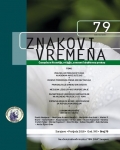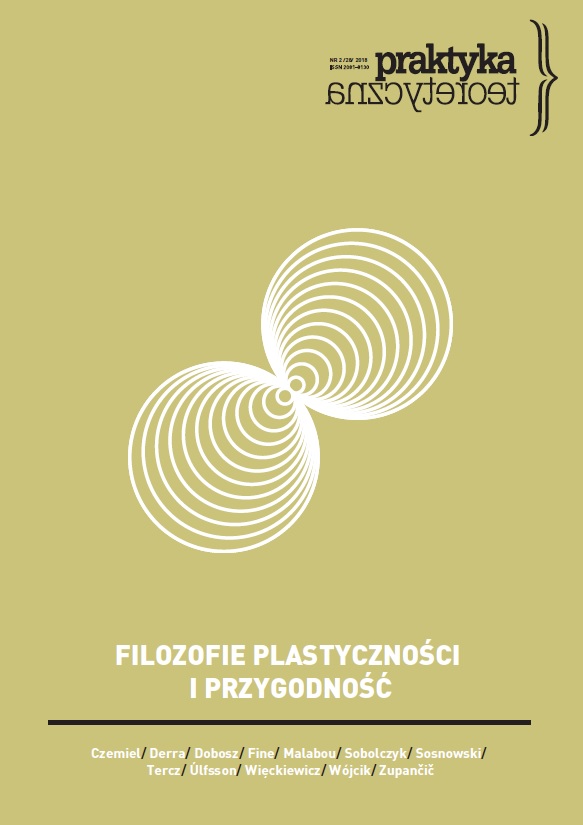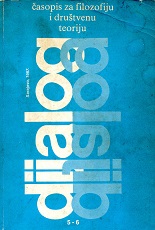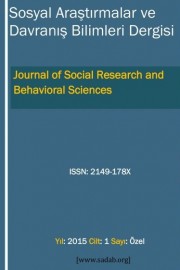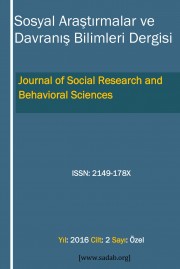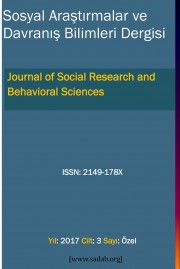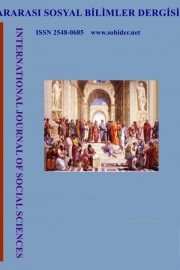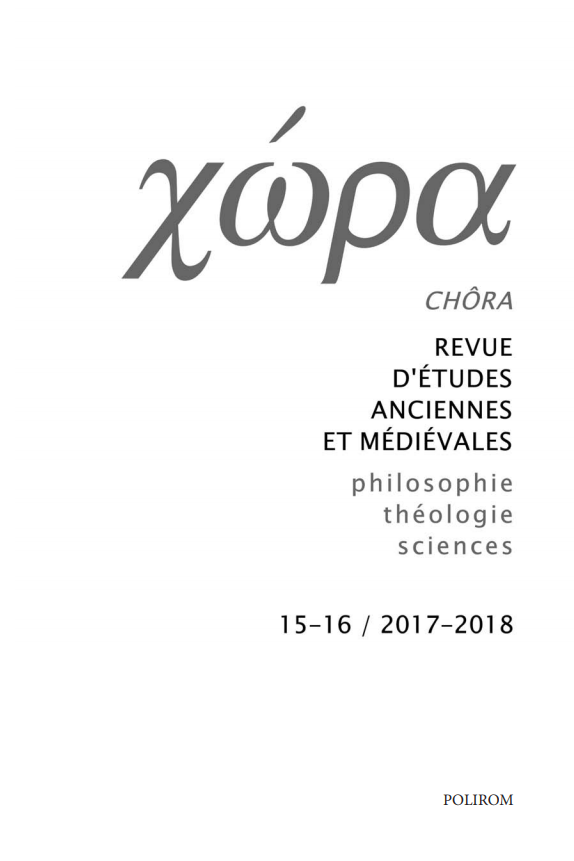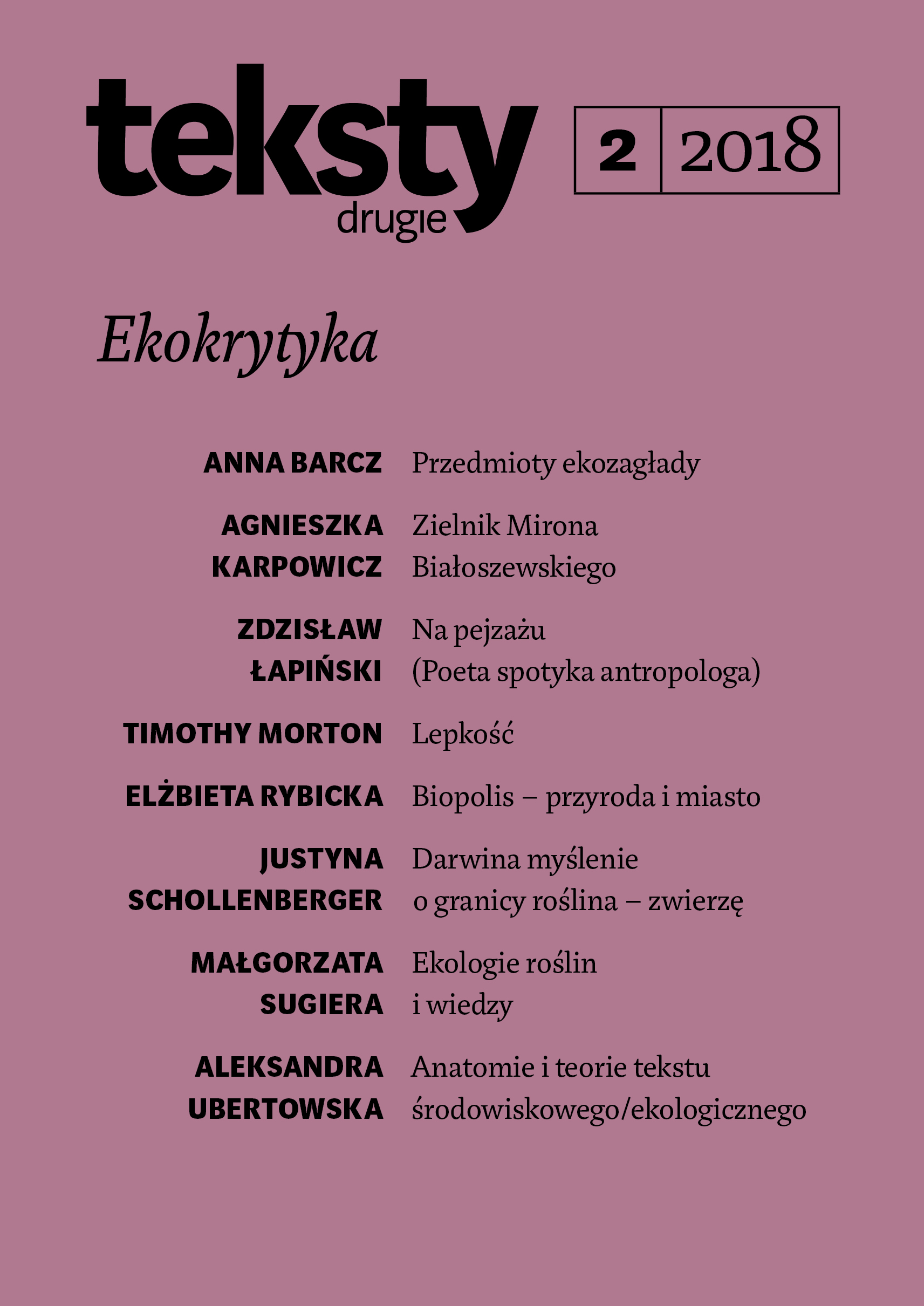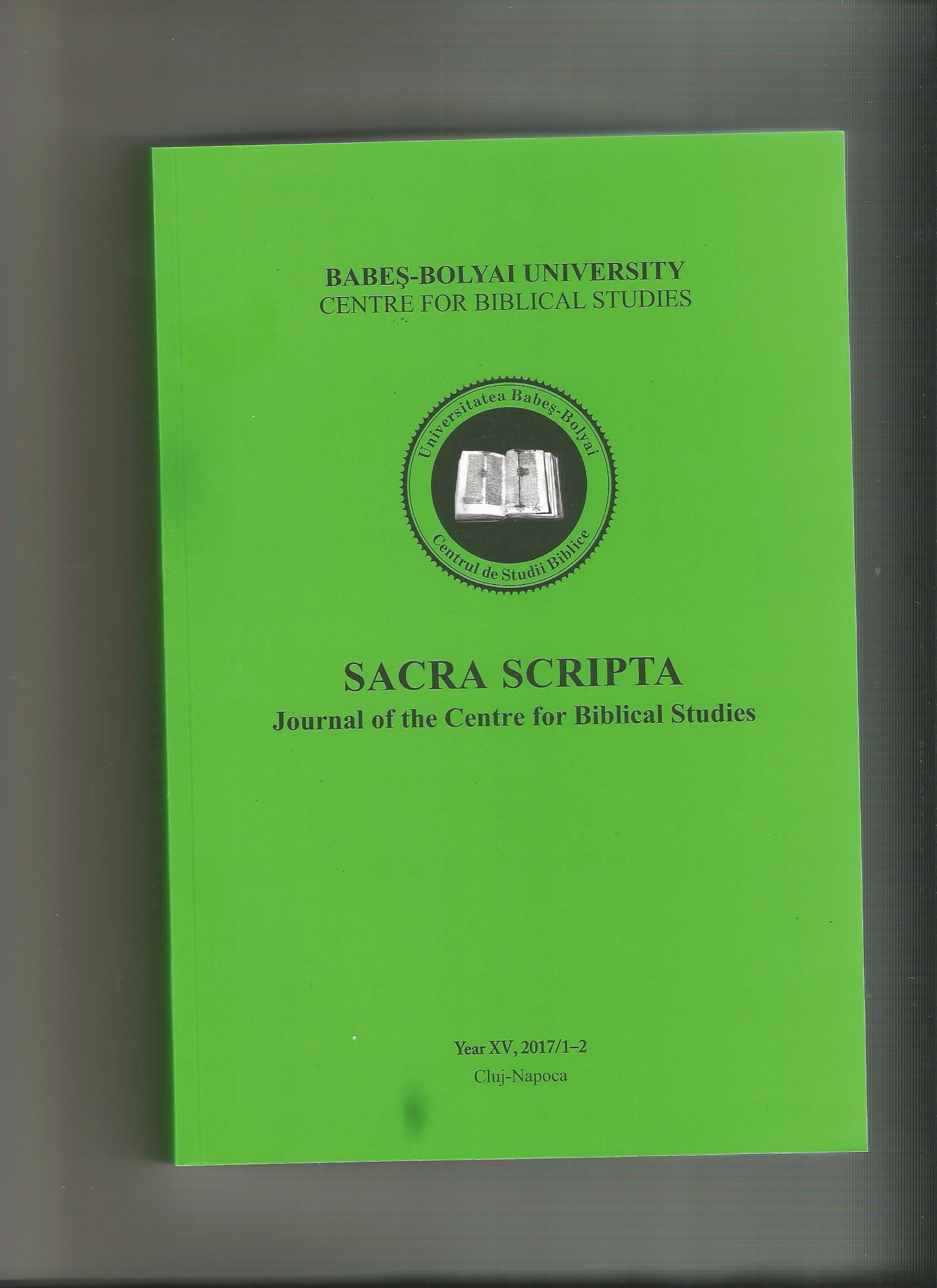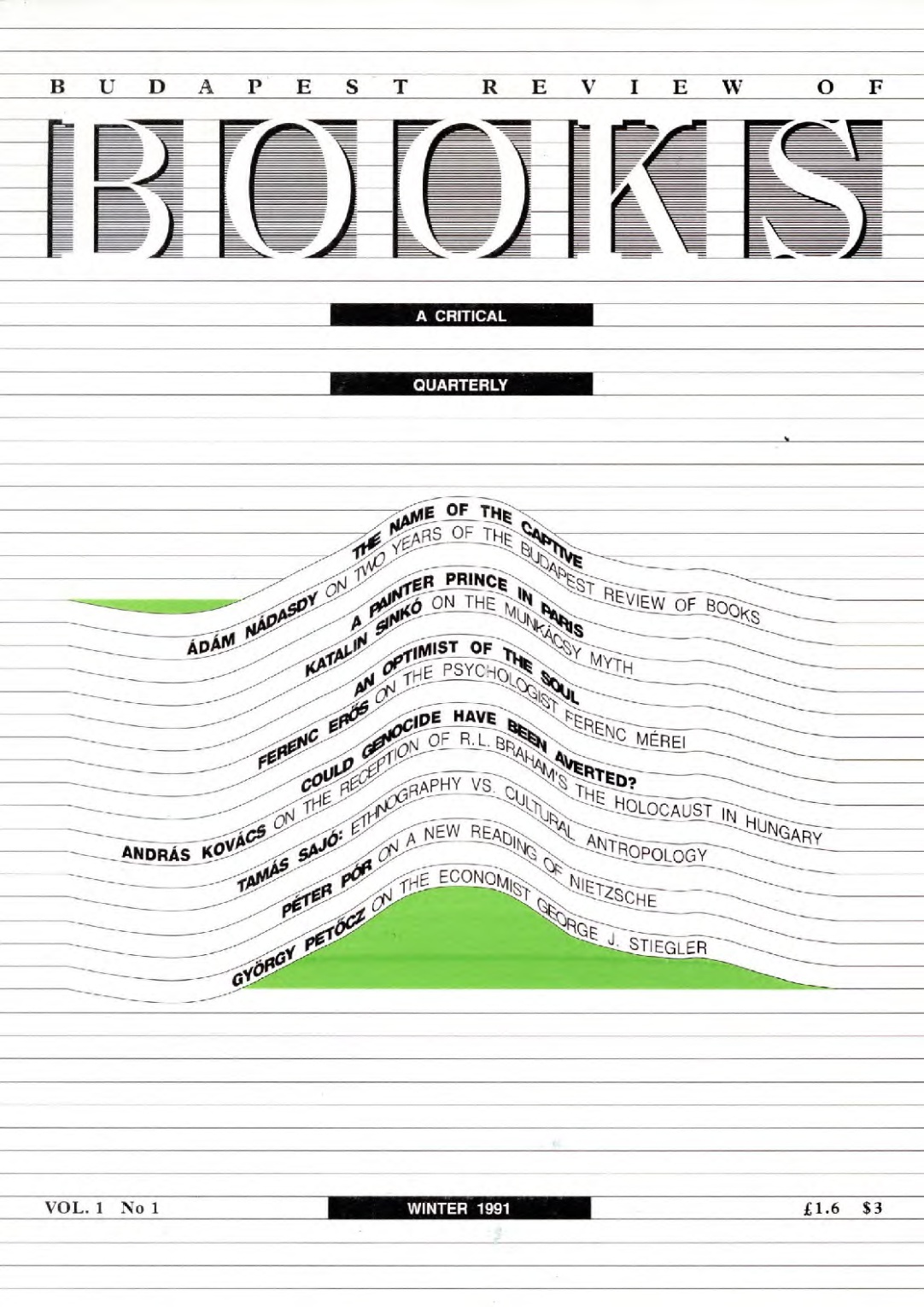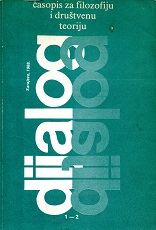
Društvo i religiozna vjerovanja
The author analyses Bergson’s philosophy of history founded on the idea of discontinued progress through the categories of »closed« and »open« society. Further, he explains the relation between tribal and universal morality and mysticism emphasizing the plausible assumption of the existence of the significant difference between these two types of moralities which also applies to the relation between tribal and universal religions. The »crucial importance« of the mystical experience in the history of religion and its philosophic meaning are specially emphasized. The chapter critics and followers mainly deals with rationalistic criticism, especially with Julien Benda as the bitterest adversary of Bergson among French rationalists. Catholic critics (practically all prominent tomistic philosophers in France) of whom the most prominent is Mariten, took as their task to fight against Bergson’s doctrine. The statement on Bergson’s attempt to modernize clerical interpretation and its rule system is in the spirit of the leading trends of the epoch. As for the followers, the author believes that French existential philosophy followed Bergson but without giving him credit for it.
More...
